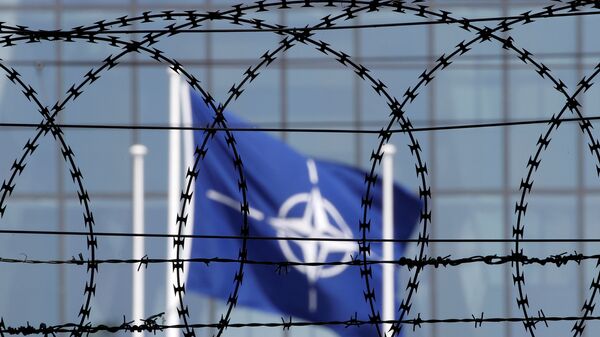Croatia, Hungary, Slovakia and Slovenia have agreed on establishing a joint command of special operation forces under the aegis of NATO, according to a statement published on the alliance’s website.
The statement said that the four countries’ Defence Ministers signed a Memorandum of Understanding to form a Regional Special Operations Component Command (R-SOCC) during their meeting in Brussels on Friday.
The R-SOCC’s goal is to “increase the ability of these four nations to effectively employ their special forces” under Hungary’s leadership.
The statement also pointed out that the Command will enable each member “to use its own contributions separately, while benefiting from an integrated R-SOCC structure once activated for a deployment”.
Speaking at the signing ceremony, NATO Deputy Secretary General Mircea Geoana, for his part, described the R-SOCC as “a highly versatile tool” for resolving modern-day conflicts.
“This signing ceremony takes an important step towards strengthening Special Forces in the region and increasing cooperation and inter-operability within the alliance,” Geoana added.
The R-SOCC is scheduled to turn into a fully operational force before the end of 2024.
NATO's East European Expansion
The new structure’s creation comes as NATO continues to boost its military presence in Europe, particularly in Eastern European states. This initiative began in the aftermath of the Ukrainian coup in 2014, with NATO citing Russia's alleged interference in that conflict as justification for the move.
Moscow has repeatedly denied the accusations, calling NATO's military build-up near Russia’s borders provocative.



